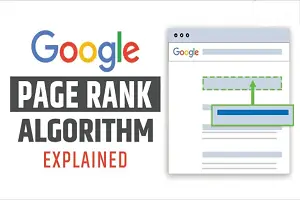So, what exactly is technical SEO? Well, you must have often heard that SEO has three types, on-page SEO, off-page SEO and technical SEO. But the thing we believe is, there are only two major types of SEO which are on-page SEO and off-page SEO. Technical SEO is actually a part or type of on-page SEO. On-page SEO is a process of optimizing your website on your website, such as making your content keyword rich, optimizing URLs of articles, optimizing HTML etc.
Optimizing all the technical things of the website like technical difficulties and technical aspects is called technical SEO. Since all the technical optimizations are performed on the website or on the page, it does make sense why technical SEO is a part of on-page SEO.
To perform the technical SEO you need to have some basic IT knowledge such as coding and stuff. Basically technical SEO is performed by the developers end, but it does not mean you should give up on your part in technical SEO. Technical SEO is extremely important when it comes to overall SEO of your website. This is because, even before you think of ranking your website, you first need to do the better crawling and better indexing of your website in search engines. For better crawling and indexing of your website in any search engine, optimizing technical aspects of your website is extremely important.
With technically better optimized websites, the crawlers of search engine can crawl and read your website data in a better way. When the crawler sends the data to the local server of the search engine, the indexer then categorizes the website depending on the type of content available in the website.
You cannot just read the non-technical on-page and off-page SEO and consider yourself a good SEO expert. If you want to become a good SEO expert, then you need to have a proper command in technical SEO. So, what are the techniques used in Technical SEO? Well, in technical SEO mostly white hat techniques are used.
Following are the important things that are considered in Technical SEO.
- Optimizing the web page speed or load time.
- Structure of website such as optimizing HTML.
- Submitting sitemaps of your website in Google search console.
- Putting importing redirects such as 301, 302, 404 redirects etc. So that the website can redirect to the targeted landing page.
- Making your website mobile friendly.
- Fixing duplicate indexing your website.
If you want to know more about on-page SEO and off-page SEO, you can read our dedicated article that explains them in detail by clicking HERE.


